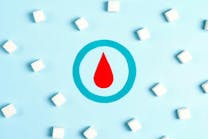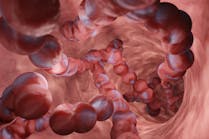A new World Health Organization (WHO) study published in eBioMedicine names 17 pathogens that regularly cause diseases in communities as top priorities for new vaccine development.
The study reconfirms longstanding priorities for vaccine research and development (R&D), including for HIV, malaria, and tuberculosis – three diseases that collectively take nearly 2.5 million lives each year.
The study also identifies pathogens such as Group A streptococcus and Klebsiella pneumoniae as top disease control priorities in all regions, highlighting the urgency to develop new vaccines for pathogens increasingly resistant to antimicrobials.
WHO asked international and regional experts to identify factors that are most important to them when deciding which vaccines to introduce and use. The analysis of those preferences, combined with regional data for each pathogen, resulted in top 10 priority pathogens for each WHO region. The regional lists where then consolidated to form the global list, resulting in 17 priority endemic pathogens for which new vaccines need to be researched, developed and used.
WHO priority endemic pathogens list
Vaccines for these pathogens are at different stages of development.
Pathogens where vaccine research is needed
- Group A streptococcus
- Hepatitis C virus
- HIV-1
- Klebsiella pneumoniae
Pathogens where vaccines need to be further developed
- Cytomegalovirus
- Influenza virus (broadly protective vaccine)
- Leishmania species
- Non-typhoidal Salmonella
- Norovirus
- Plasmodium falciparum (malaria)
- Shigella species
- Staphylococcus aureus
Pathogens where vaccines are approaching regulatory approval, policy recommendation or introduction
- Dengue virus
- Group B streptococcus
- Extra-intestinal pathogenic E. coli
- Mycobacterium tuberculosis
- Respiratory syncytial virus (RSV)





